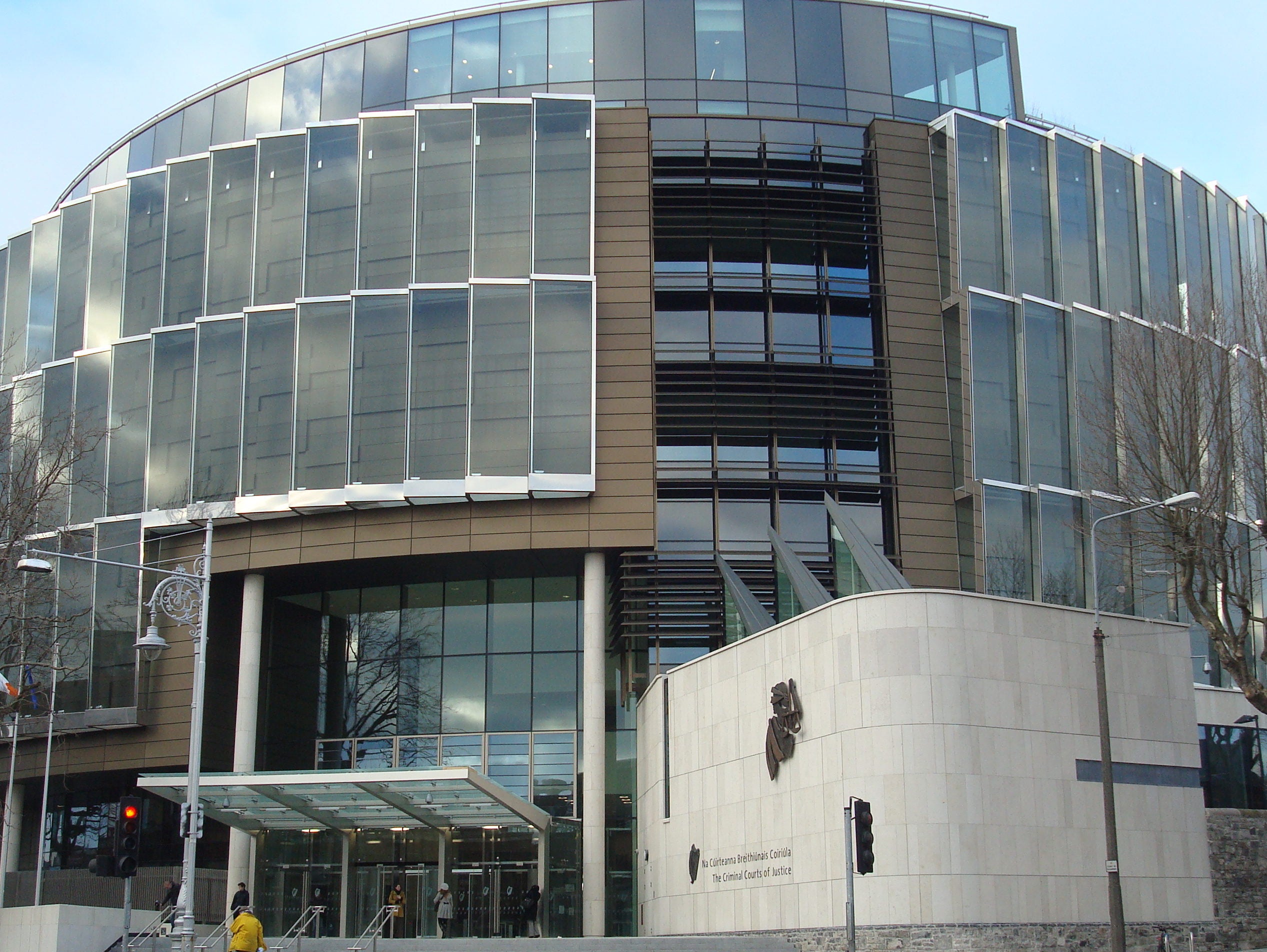
A change in the law which has given journalists the formal right to access documents of court record in Ireland could have a “significant impact” on the reporting of court hearings, an Irish law firm has said.
New guidelines came into effect this month which give formal provisions for the first time for Irish court staff to disclose documents which have been opened in court, or are deemed to have been opened, to the press.
Statements and submissions to court are among the documents available, but the new rules state that disclosure must be for the purpose of “facilitating the fair and accurate reporting of a hearing in the proceedings to which it relates”.
The changes were implemented through the Data Protection Act 2018 and cover criminal and civil cases at Ireland’s superior, circuit and district courts.
The guidelines state that disclosure through the court office can be in the form of a press release, by allowing inspection of the court documents in the presence of a member of court staff, or by providing a copy to be returned after its use for reporting has finished.
Courts Service spokesperson Gerry Curran said in a statement that the changes would support “the constitutional requirement” that courts “administer justice in public”.
“In the times we live in, the vast majority of people rely upon the media to provide them with accurate information on the operations of, and the cases before, the courts,” he said.
“These changes will underpin the media’s ability and right to access the necessary information to report on the vast and varied number of cases which the courts hear annually.
“The changes are a transparent measure to support the role of an independent courts system in our democracy.
“The new rules maintain both the necessary privacy which applies to certain categories of court proceedings, and the control which a court exercises over proceedings before it.”
Michael Byrne and Maria Kennedy, partners at Irish law firm Matheson, said the change in rules “can be expected to have a significant impact in the reporting of court hearings”.
They said: “Parties to litigation and their legal advisors should be aware that new rules mean that the media may now access documents which contain sensitive information [or] information they may not want to enter the public domain, even where those documents have not been read out in court.”
In its reporting of the new guidelines, the Irish Independent said they “represent a major step forward for legal affairs journalism in Ireland”.
Legal affairs editor Shane Phelan wrote: “At present Ireland is rare among common-law countries in that, with the exception of the Supreme Court, there are no defined procedures allowing access to written legal submissions.
“The press has no formal way of securing access to documents, such as statements and submissions, opened and relied upon in legal proceedings.
“More often than not journalists have to rely on parties to cases for access to court filings, but co-operation is not always forthcoming and this can make it difficult to report on matters in a full and fair manner.”
The Courts Service intends to issue guidelines to the media over access to documentation in civil cases ahead of the new legal year beginning in October.
It has already issued guidelines for access to the “essential information” in criminal court cases, Curran said, and is working with reporters and courts staff across the country to “work on the logistics of this change”.
He added that the rules are “strict” on who can access information, what information they might access, and when, do not displace existing legal restrictions in court reporting such as those affecting in camera proceedings, and operate subject to any order or direction of the court.
Picture: Creative Commons/DubhEire
Email pged@pressgazette.co.uk to point out mistakes, provide story tips or send in a letter for publication on our "Letters Page" blog






